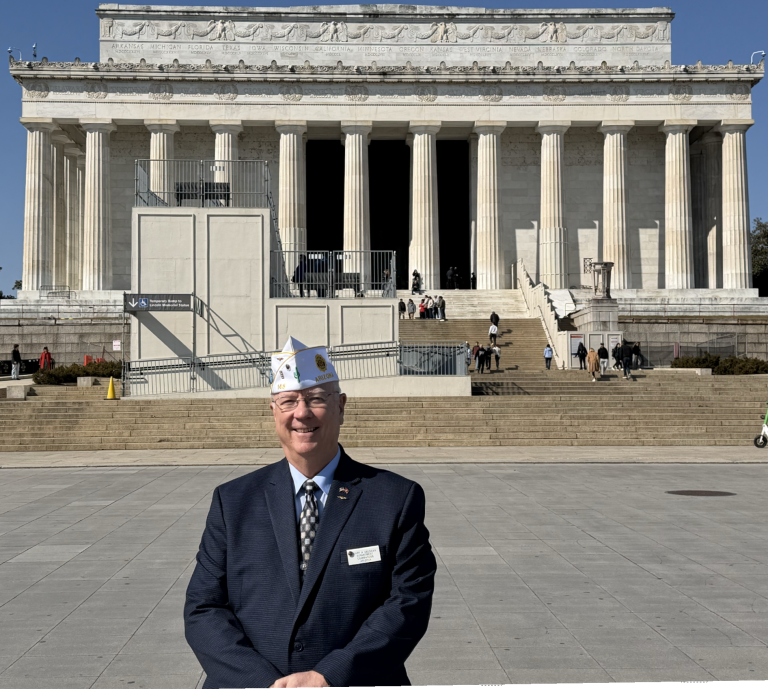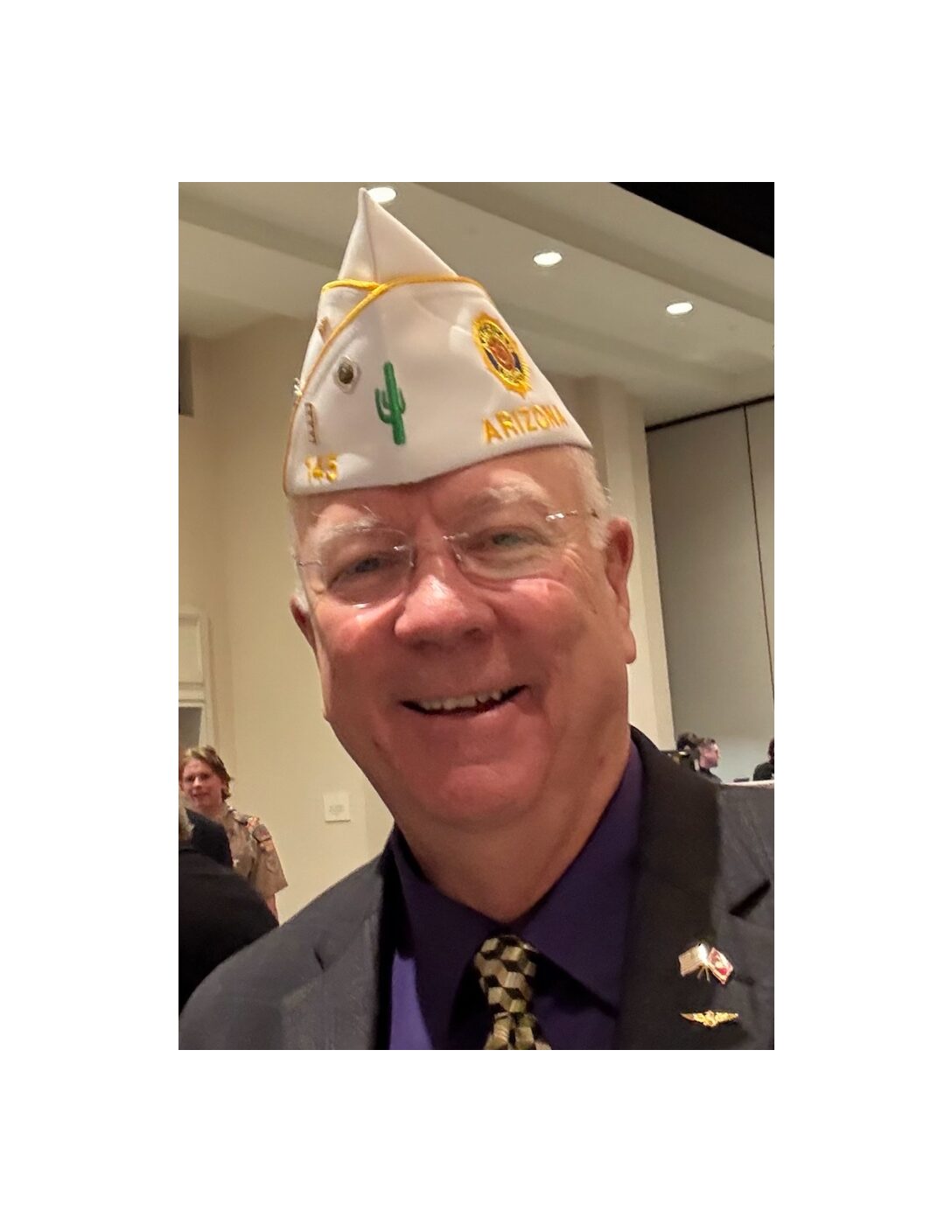By: Natalie Gross 19 hours ago
A benefit that lets servicemembers and other government workers write off student loan debt would vanish under a new proposal in Congress.
Republican-backed legislation would eliminate a program that allows borrowers in full-time public service jobs to have their student loans forgiven after making payments for 10 years — a move that military and veterans groups say would hurt their members.
“Our concern with public service loan forgiveness being eliminated is that it is a recruiting and retention tool for the services themselves,” said Aniela Szymanski, government relations director for Military Officers Association of America. “That gives us concern about who are we going to get to join the military, how are they going to be able to maintain a career in the military and possibly public service thereafter.”
But supporters say the measure is necessary to keep rising college costs in check.
“Unlimited borrowing combined with unlimited forgiveness enables institutions to increase college costs, pocket the extra money, and ignore the needs and reality of students and families who struggle with increasing loan balances,” said Michael Woeste, a spokesman for the House Committee on Education and the Workforce, chaired by Rep. Virginia Foxx, R-N.C.
“We don’t want our veterans to struggle with growing debt burdens, and these reforms will enable students to pursue their chosen career path without worrying about ever-rising loan balances.”
Plans to scrap public service loan forgiveness for future borrowers are part of a package of changes to higher education rules proposed in the PROSPER Act, introduced in the House of Representatives in December. Foxx’s committee last made changes to the bill in February, and staff members are working to get the legislation to the House floor as soon as possible, Woeste said in an email.
Currently, employees of local, state and federal government agencies, as well as nonprofits, can qualify for loan forgiveness after making qualifying payments for 120 months. These payments, though not required to be consecutive, must have been made after Oct. 1, 2007.
Servicemembers and other borrowers currently using federal direct student loans would be grandfathered into the legislation and would not be affected if the program is cut.
In addition to overhauling student loan forgiveness, the PROSPER Act would roll back rules cracking down on for-profit colleges, including a requirement applied primarily to for-profit schools requiring them to demonstrate that their graduates get jobs. It would also eliminate a requirement that for-profit colleges get at least 10 percent of their funds from sources other than federal financial aid.
Veterans groups not only support keeping that so-called 90-10 rule in place, they also have long pushed for stricter versions of it.
In a meeting with reporters earlier this month, John Kamin, American Legion Assistant Director of Veterans Employment and Education, said the potential 90-10 elimination demands “vigorous opposition.”
The Senate Committee on Health, Education, Labor and Pensions is working on comparable legislation to the PROSPER Act that lawmakers hope to push out this spring with bipartisan support, a spokesman for committee chairman Sen. Lamar Alexander, R-Tenn., told Military Times. He did not say whether the Senate bill will also propose an end to public service loan forgiveness, as it has not yet been finalized.
Alexander has been vocal about the high cost of loan forgiveness programs in the past, however. He wrote in a recent white paper, “A basic assumption in any loan program is that the amount borrowed will ultimately be repaid with interest. That is not the case in higher education.”
On the House side, PROSPER Act proponents “believe America’s veterans and active duty military will have greater access to postsecondary education through the reforms within the PROSPER Act, while also placing market pressure on institutions to lower costs,” Woeste said.
According to a recent Consumer Financial Protection Bureau analysis, more than 200,000 servicemembers have student loan debt. Leaders of 17 military-oriented organizations, including Iraq and Afghanistan Veterans of America, Vietnam Veterans of America and Veterans Education Success, pointed to this statistic in a recent letter to Foxx and Alexander.
“Student loan debt is of special interest and importance to veterans, who are often older than other college graduates and have family responsibilities that make their student debt burdens particularly onerous,” the letter said.
VSO representatives worry that doing away with public service loan forgiveness could steer veterans and their family members away from the military and nonprofit work they may otherwise have considered.
“We know that this generation of veterans prioritizes service to their country and community,” said Will Hubbard, vice president of government affairs for Student Veterans of America, another organization that has raised concerns about the legislation in its current form.
The promise of loan forgiveness not only incentivizes veterans to work in public service careers, but also makes it a realistic option, Hubbard said.
Some VSOs have singled out the Veterans Affairs Department, which has thousands of open jobs.
“One of the few recruiting tools VA has is public service loan forgiveness,” said Ashlynne Haycock, senior coordinator for education support services for the nonprofit Tragedy Assistance Program for Survivors. Haycock said she has worked with many veterans and surviving family members who want to give back by working in mental health or other positions at the VA for which they need advanced degrees.
“Public service loan forgiveness is one of the things that they were counting on in that plan,” she said. “Cutting that is really a huge blow to veterans, survivors and military-connected students.”





